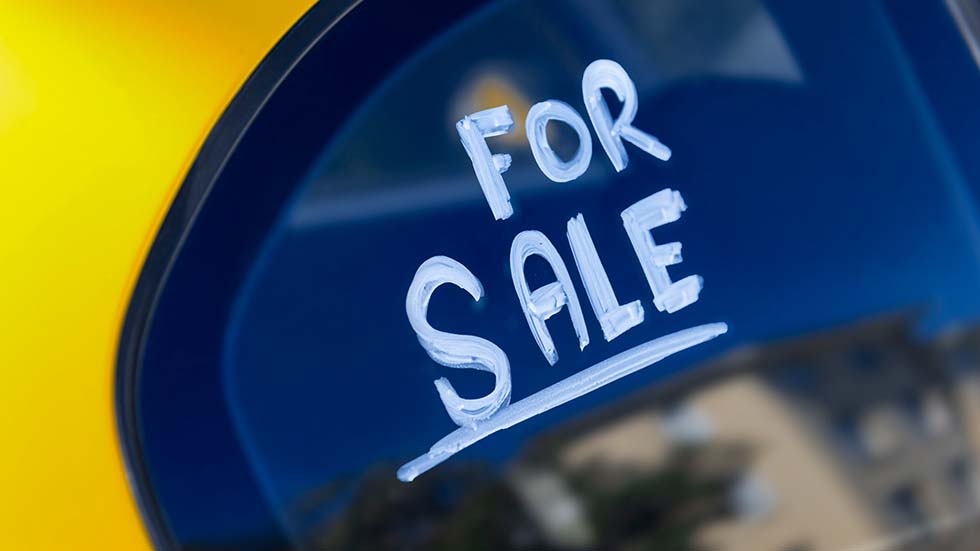AVOID THIS COVID-19 USED CAR SCAM
TIPS ON WHAT TO LOOK OUT FOR WHEN PURCHASING A USED VEHICLE


As the COVID-19 saga continues to unfold in America and around the world, it's not surprising that the economic impact has been widespread and evolves with each new development. Industries and businesses across the board have seen seismic shifts in their operation since March and the automotive industry is no different.
When it comes to vehicle sales, recession and economic uncertainty have historically led more people down the path to purchase used vehicles versus new as buyers feel they can get more car for less money. With no clear end to the pandemic in sight, many buyers are hard-pressed to commit to monthly payments on new or leased vehicles, despite unprecedented offerings and discounts from many manufacturers. According to Consumer Reports, used car prices fell 11 percent between mid-March and April with a 10 percent decrease since April 2019. Then, as travel all but ceased, rental car companies began unloading excess inventory and off-lease vehicles flooded lots with customers returning them to lots in droves.

Although industry experts initially expected this to result in huge discounts and a surplus of used vehicles flooding the market, the price dips in April and May were followed by renewed demand for used vehicles, causing the prices to once again spike.
It should come as no surprise that opportunists are taking advantage of consumer uncertainty and high prices on used vehicles by listing too-good-to-be-true used vehicles at a fraction of their typical costs. One such "eBay Motors Scam" lures vulnerable consumers to listings with a low price only to deny them the opportunity to see or test drive the vehicle in order to prevent spread of the virus. If this isn't enough of a red flag for the buyer to walk away, the scammer will then request payment for the used vehicle via gift cards which are untraceable.
Although the big-brand eBay name lends legitimacy to these listings in many consumers’ eyes, buyers would do well to do their homework and understand that eBay has little, if any, power to stop these types of scams since it’s only a listing service. Sites like eBay do not sell cars for people and offer no guarantee on purchases made through their platforms. All they do is handle the transaction and they are not legally responsible for consumer losses.

Another scam uncovered by the Federal Trade Commission involved fake stimulus checks being sent to unsuspecting car buyers in the mail. These mock checks for $3,344 were mailed in official-looking envelopes purporting to be a “COVID-19 Auto Stimulus” designed to lure buyers to car lots where they could be sold vehicles at full price. Other victims were promised a “stimulus incentive” for appearing at a location only to arrive at a lot where cars were being sold with no incentive in sight.
In order to stay protected from scammers, buyers purchasing used vehicles should always keep a few things in mind:
- Never purchase a vehicle that can’t be seen in person or test driven, regardless of the reason a seller gives you.
- Research the make, model, and year of the car you’re planning to buy to determine what the actual market value is. If a listing’s price seems too good to be true, then it probably is.
- Never under any circumstance purchase a used vehicle with gift cards as they are completely untraceable.
